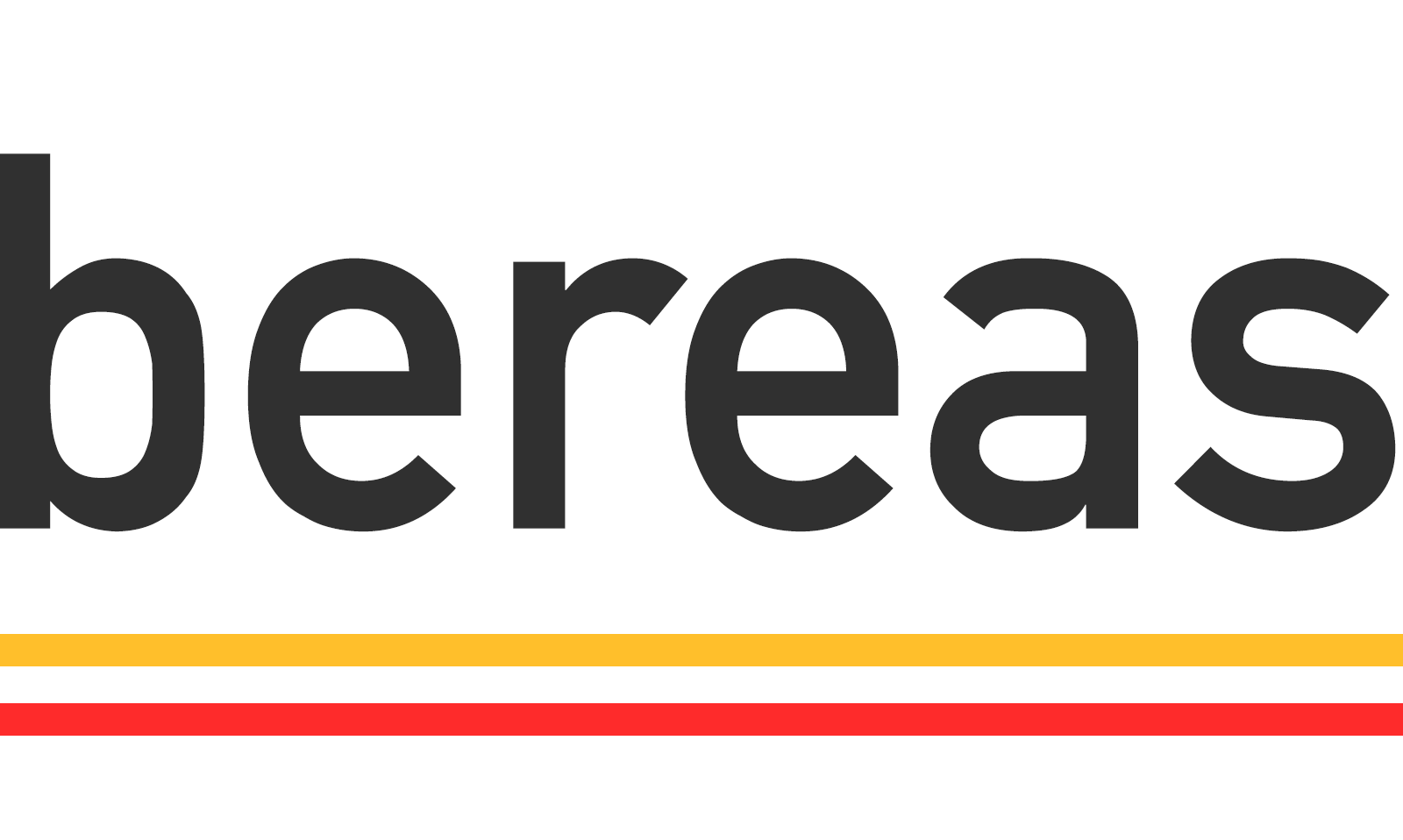Some time ago DNS Belgium, the organization responsible for managing the .be country code top-level domain (ccTLD), started delaying its zone file publications by 30 minutes. This move represents a departure from its previous practice of live zone file updates, a feature that once positioned DNS Belgium as a pioneer among ccTLDs.

The Shift from Live Updates
Originally, DNS Belgium was at the forefront of ccTLDs offering live zone file updates. However, the decision to roll back on this approach makes it the first to do so. The root cause of this change is attributed to a bug in BIND. This bug led to issues with a small number of .be domain names, where the DNSSEC signature was incorrect for a short period.
Though the bug has been definitively fixed, DNS Belgium is taking a cautious approach. To prevent similar situations in the future, the organization now intends to carry out a complete check of the zone before publishing it, a process that takes about 30 minutes.
Bereas’ Stance on the Delay
We agree with DNS Belgium’s decision, underscoring that the stability of the .be zone is paramount. Despite this, the delay does have implications for updates to nameservers, which now take longer to propagate. Given the Time to Live (TTL) for the .be zone is 24 hours, updates or urgent fixes in a nameserver setup could take a considerable time to correct.
Comparison with Other TLDs and TTL Debate
It’s noteworthy that many other TLDs operate with lower TTLs. For instance, .lu has a TTL of 12 hours, .it has 3 hours, while .nl and .fr have even shorter TTLs of only 1 hour. Bereas has lobbied with DNS Belgium to lower the TTL in their system. Unfortunately, DNS Belgium has decided to maintain the 24-hour TTL for the foreseeable future. They cite amongst others it as a best practice, referencing recent research published by .nl, which, interestingly, employs a 1-hour TTL themselves.
Bereas has expressed disappointment over the decision not to lower the TTL and plans to continue advocating for this change in the future. The organization believes that a shorter TTL could provide a more agile and responsive framework for managing the .be domain, which is crucial in the rapidly evolving digital landscape.
